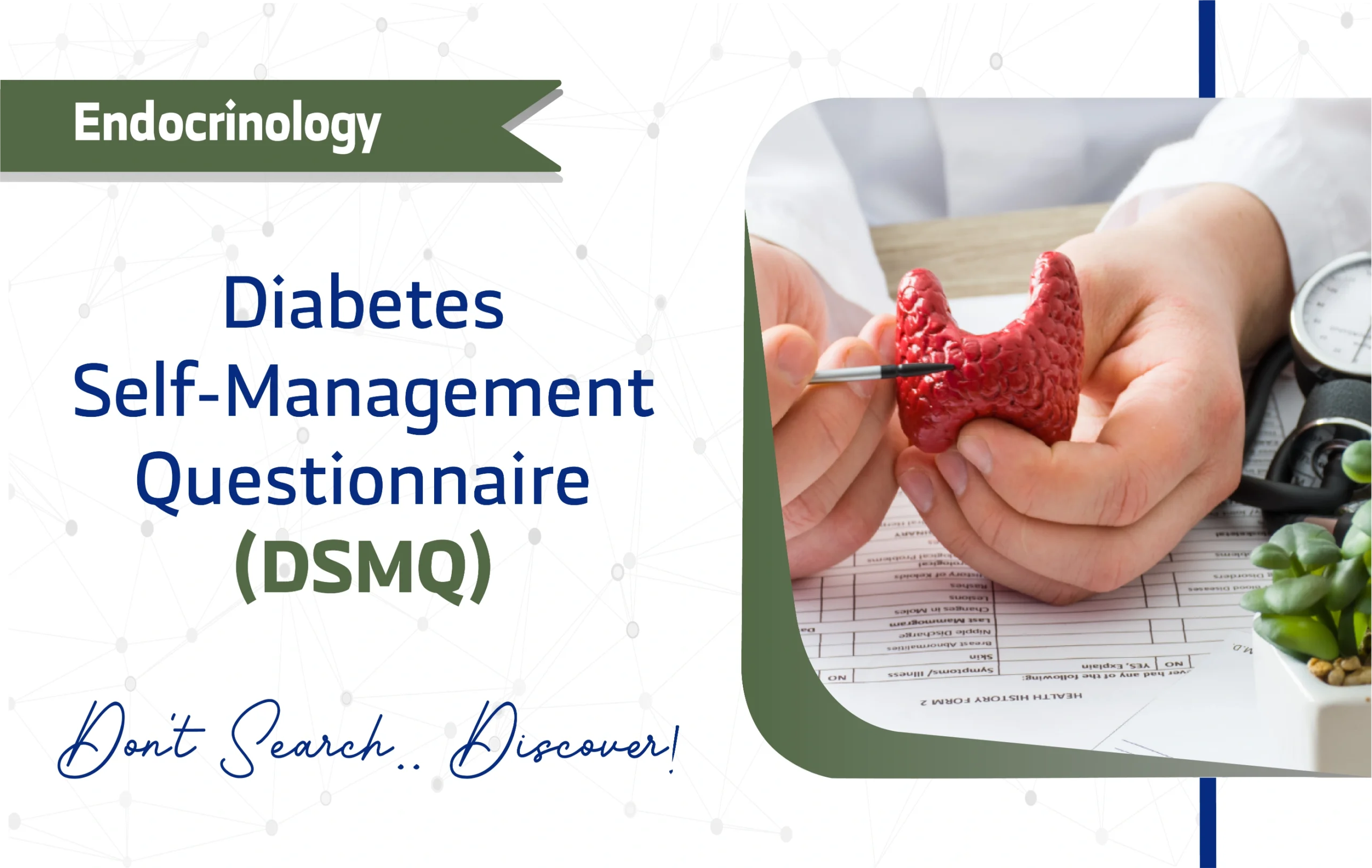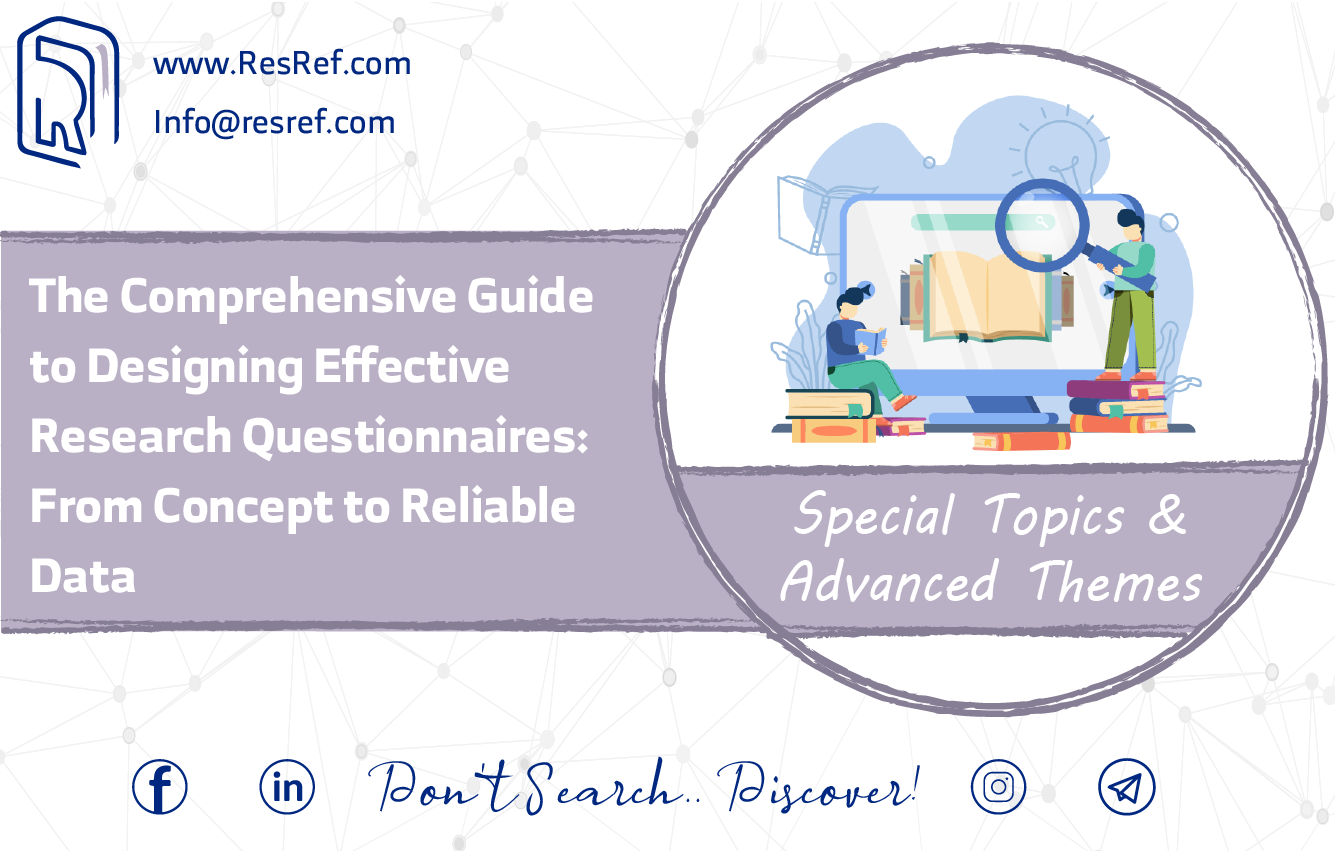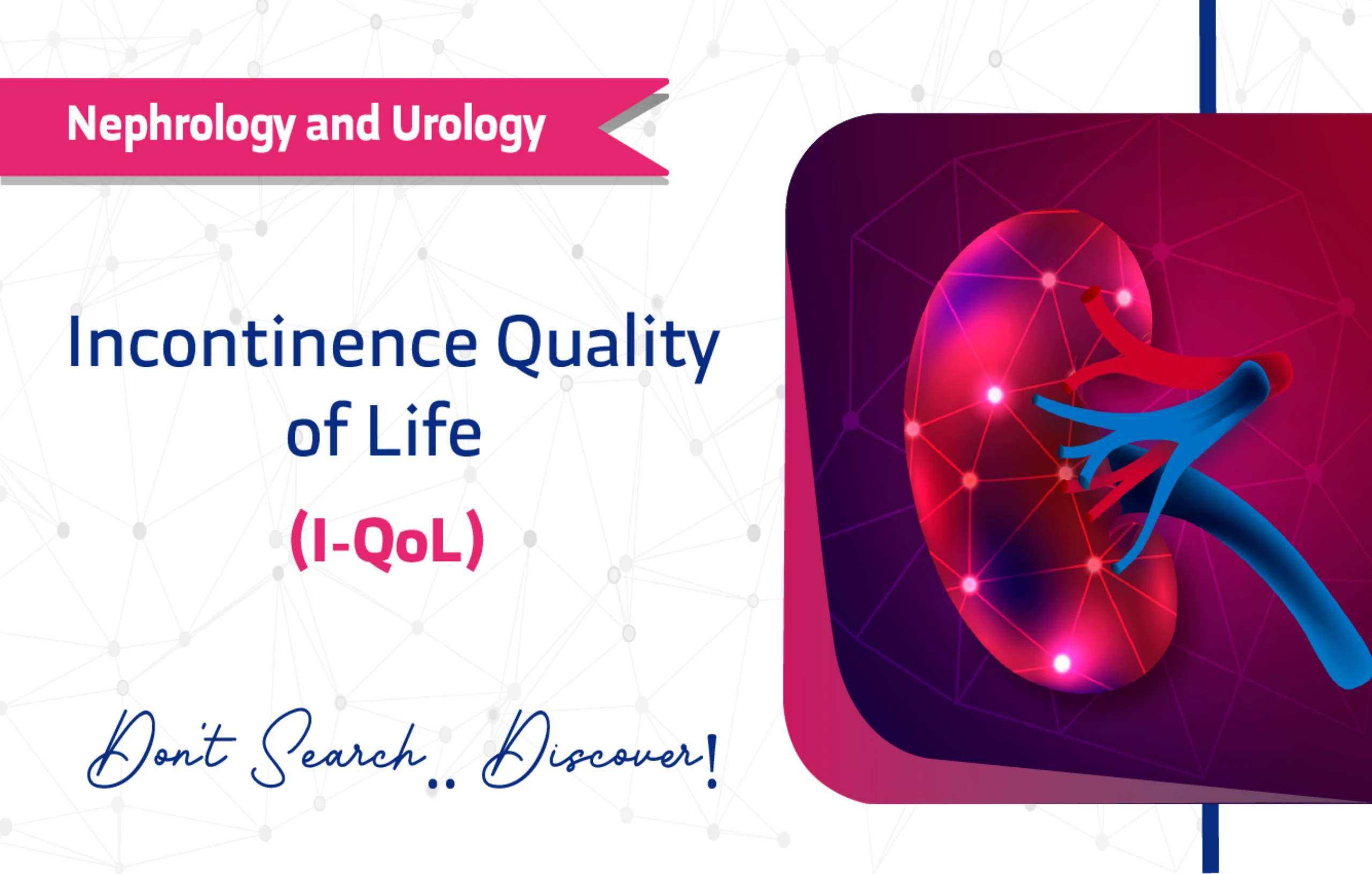Introduction
The Diabetes Self-Management Questionnaire (DSMQ), developed by Schmitt et al. in 2013, evaluates the self-care behaviors of individuals with diabetes. Importantly, its foundational study has earned over 1,000 citations, which highlights its widespread recognition and impact. This guide, therefore, offers an expert-level overview of the DSMQ, emphasizing its structure, psychometric strengths, and applications in both clinical and research environments.
Key Features of The Diabetes Self-Management Questionnaire (DSMQ)
Purpose and Use
Experts use the DSMQ to assess diabetes self-care activities closely associated with glycemic control. Unlike knowledge-based assessments, it captures the patient’s behavior and actions, making it a more actionable tool.
Questionnaire Details
The instrument consists of 16 items that active researchers use to evaluate patient behavior. These questions are organized into four distinct subscales, in addition to a global measure:
- Glucose Management (GM): Includes 5 items (1, 4, 6, 10, 12) focusing on blood sugar monitoring and management.
- Dietary Control (DC): Comprises 4 items (2, 5, 9, 13) related to adherence to dietary recommendations.
- Physical Activity (PA): Contains 3 items (8, 11, 15) assessing the level of regular physical exercise.
- Health-Care Use (HU): Features 3 items (3, 7, 14) that inquire about engagement with healthcare services.
- Sum Scale (SS): A global measure of the quality of diabetes self-care. It comprises all 16 items (item 16 is included only in the Sum Scale). Items to be inverted: 5, 7, 10, 11, 12, 13, 14, 15, 16.
Target Population
Researchers and clinicians use the DSMQ with adult patients (18+ years) who have Type 1 or Type 2 diabetes. Its design accommodates young adults, middle-aged individuals, older adults, and seniors.
Languages Available
To support global research, the DSMQ has been translated into multiple languages, including Arabic, Mandarin Chinese, Spanish, French, German, and Russian. Consequently, this accessibility enables its use across diverse cultural settings.
Cost, Licensing, and Administration of the DSMQ
The DSMQ operates under a Creative Commons license. However, researchers conducting funded academic, clinical, or commercial projects must obtain permission and may need to pay a fee. Fortunately, examination copies remain freely available for review purposes, making initial evaluation straightforward.
Patients complete the DSMQ independently, no special training is necessary. Most individuals finish it within 5–10 minutes. Moreover, the tool supports various administration methods, including paper-based forms, digital platforms, mobile applications, phone/video call, and in-person interviews, which allows for broad integration into different workflows.
Scoring Method
The Diabetes Self-Management Questionnaire (DSMQ) uses a 4-point Likert scale with scores ranging from 0 to 3. Specifically, the questionnaire contains 7 positively and 9 negatively worded items. Before summing the items to create scale scores, the 9 inverse items must be recoded. As a result, this procedure ensures that higher values consistently indicate more effective self-care across all items, with a higher final score reflecting better diabetes self-management.
Clinical Utility and Applications
The questionnaire’s practical design translates into significant clinical utility.
- Screening: Clinicians can use the DSMQ to quickly screen patients and identify those struggling with self-management behaviors.
- Monitoring: It serves as an excellent tool for monitoring patient progress over time, allowing for timely adjustments to treatment and support plans.
- Research: The DSMQ is invaluable in research for measuring outcomes in clinical trials and observational studies that assess the effectiveness of interventions aimed at improving diabetes self-care.
Reliability and Validity
The DSMQ demonstrates high reliability, with a Cronbach’s alpha of 0.84. Notably, The original validation study, published in Health and Quality of Life Outcomes, confirmed its strong psychometric properties. Since then, several follow-up studies have consistently reinforced these findings. Moreover, the revised version, DSMQ-R, offers clinimetric refinements to improve sensitivity to behavioral changes.
Limitations and Considerations
Despite its strengths, the DSMQ presents some limitations:
Self-report measure: Individual interpretation may influence responses.
Social Desirability Bias: Patients may report behaviors they believe are expected.
Lack of Sensitivity to Change: The original version may not detect subtle improvements, though the DSMQ-R addresses this.
Target Population: Primarily validated for Type 1 and Type 2 diabetes, not gestational diabetes.
Other Versions and Adaptations
Those exploring similar tools may also consider the Summary of Diabetes Self-Care Activities (SDSCA). Additionally, the DSMQ-R offers an enhanced version of the original tool with improved sensitivity.
Additional Resources
- A direct link to the Original Validation Study.
- Additional Validation Study
- You can access the questionnaire as a PDF
- For inquiries, you may direct correspondence to the technical support team at eprovidetechnicalsupport@mapi-trust.org.
- For additional resources and information on the publisher, consult Springer Nature.
Frequently Asked Questions (FAQ)
- Who can use the DSMQ?
Researchers, clinicians, and healthcare providers working with adults diagnosed with Type 1 or Type 2 diabetes. - How long does it take to complete the DSMQ?
Most patients complete the questionnaire in 5 to 10 minutes. - How is the DSMQ administered?
You can administer it via paper, digital platforms, mobile apps, or interviews (in-person or virtual). - Is there any cost to using the DSMQ?
Permission is required. While examination copies are free, fees may apply for funded or commercial uses.
A Word From ResRef
The DSMQ is one of only three diabetes self-management tools that meet COSMIN guidelines. As a result, this distinction ensures the instrument delivers reliable, actionable data across diverse settings. Clinicians and researchers trust it to support informed decision-making and enhance patient outcomes. Moreover, by using the DSMQ, you can gain deeper insights into patient behavior and, in turn, tailor treatments more effectively to individual needs.
References
- Schmitt A, Gahr A, Hermanns N, Kulzer B, Huber J, Haak T. The Diabetes Self-Management Questionnaire (DSMQ): development and evaluation of an instrument to assess diabetes self-care activities associated with glycaemic control. Health Qual Life Outcomes. 2013 Aug 13;11:138. doi: 10.1186/1477-7525-11-138. PMID: 23937988; PMCID: PMC3751743. (link)
- Schmitt A, Kulzer B, Ehrmann D, Haak T, Hermanns N. A Self-Report Measure of Diabetes Self-Management for Type 1 and Type 2 Diabetes: The Diabetes Self-Management Questionnaire-Revised (DSMQ-R) – Clinimetric Evidence From Five Studies. Front Clin Diabetes Healthc. 2022 Jan 13;2:823046. doi: 10.3389/fcdhc.2021.823046. PMID: 36994332; PMCID: PMC10012087. (link)









3 thoughts on “The Diabetes Self-Management Questionnaire (DSMQ): A Full Guide for Researchers and Clinicians”
Greetings! This is my first visit to your blog! We are a group of volunteers and starting a new project in a community in the same niche. Your blog provided us beneficial information to work on. You have done a marvelous job!
This is the best article about DSMQ on the web. Thank you so much.
This helped me understand what was being measured